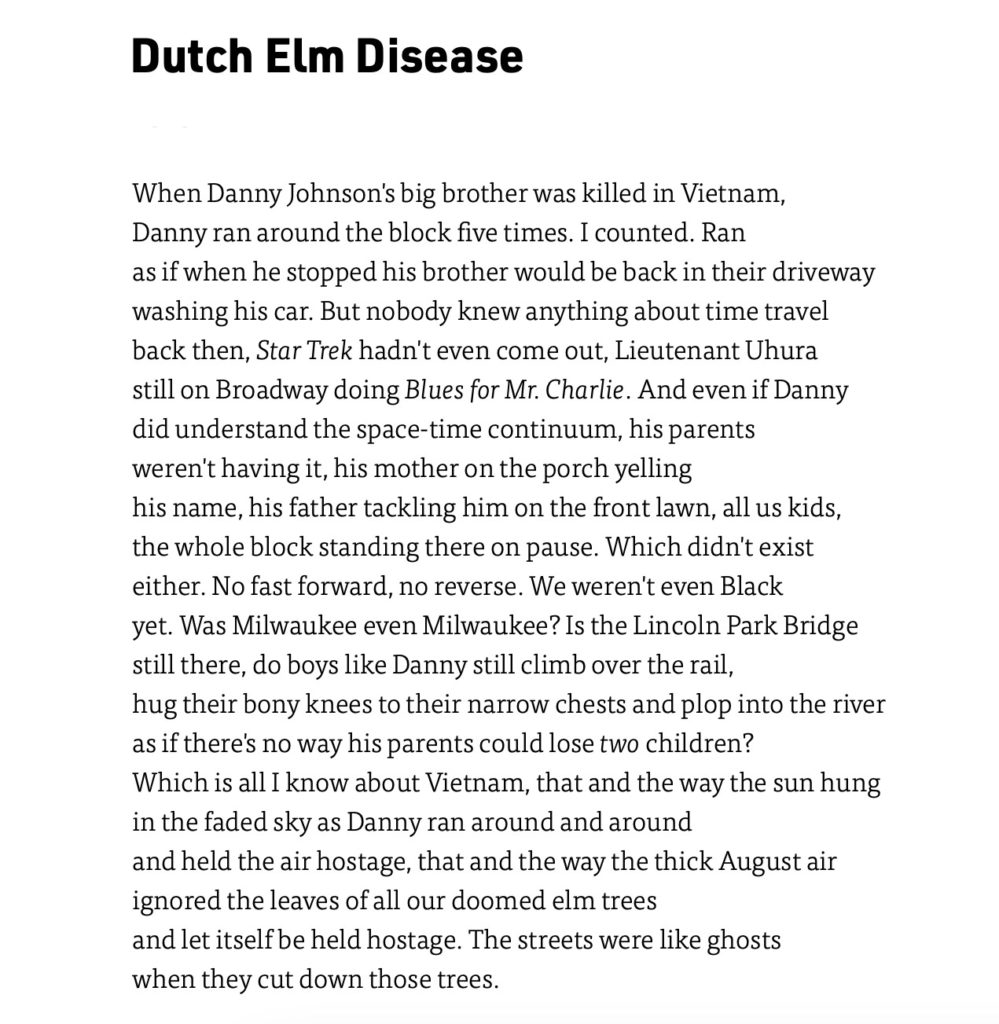I just finished a slim, posthumous book of Adam Zagajewski’s poems. This little poem seems to me to capture exactly how it feels to long to write when you can’t:
Wind
We always forget what poetry is
(or maybe it happens only to me).
Poetry is a wind blowing from the gods, says
Cioran, citing the Aztecs.
But there are so many quiet, windless days.
The gods are napping then
or they’re preparing tax forms
for even loftier gods.
Oh may that wind return.
The wind blowing from the gods
let it come back, let that wind
awaken.
from The Life
translated by Clare Cavanagh
